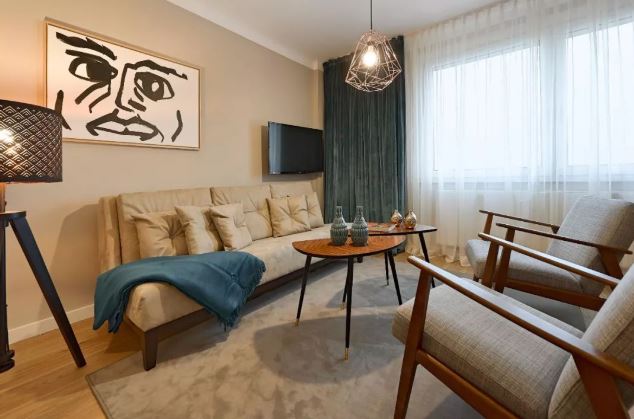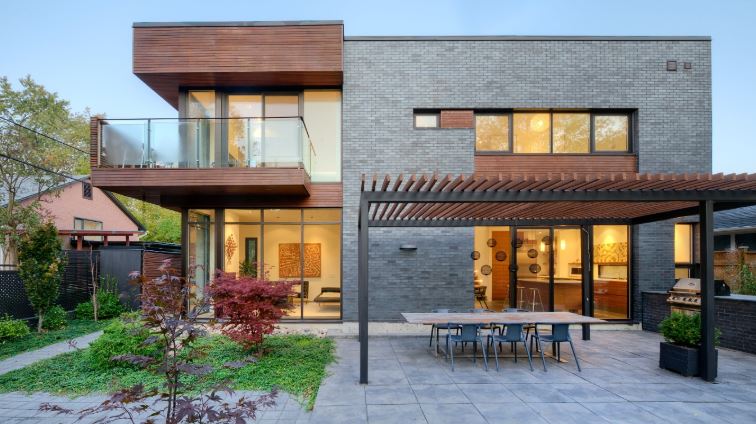
The Australian real estate market is welcoming people from all over the world. After buying a property, you should choose to invest or do it yourself. Is a problem that has long plagued home buyers. In simple terms, the main purpose of self-occupied property is to live, while investing in real estate is to obtain profits and optimize asset allocation. Because most buyers will confuse these two points, it seems reasonable but in practice, it is difficult to kill two birds with one stone, so this article will explain the difference between autonomy and investment in detail for everyone.

Own housing
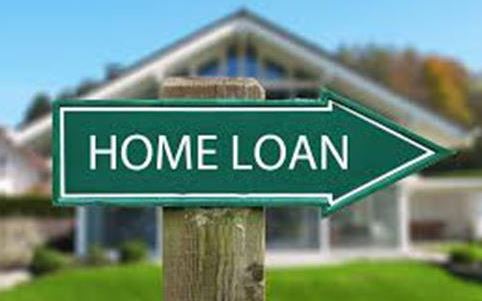
Let’s start with the difference between the two. Self-contained housing is literally understood as the house in which you live. But the significance of buying a house in Queensland from a residence is far from simple. It also has some other properties:
- For those with Australian status (PR or Citizen), they can buy new homes worth less than AUD 750,000. They can enjoy the government’s first home purchase subsidy of AUD 15,000.
- For holders of Australian status (PR or Citizen), purchase of new homes valued at AUD 500,000 and less can enjoy the government’s stamp duty reduction policy.
- Preferential land tax exemption for homes
- For those who do n’t have the status, it ’s comfortable to live in their own house
- For those who have no status, they have their own destination in a foreign country, so that family members who are far away can be assured and worry less.
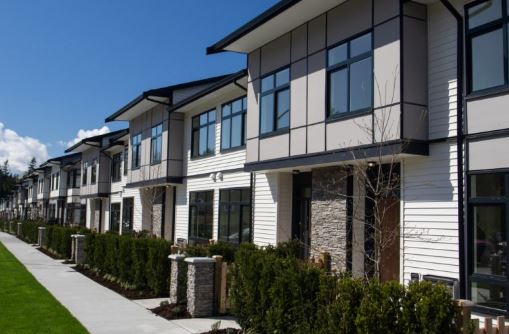
Investment Housing
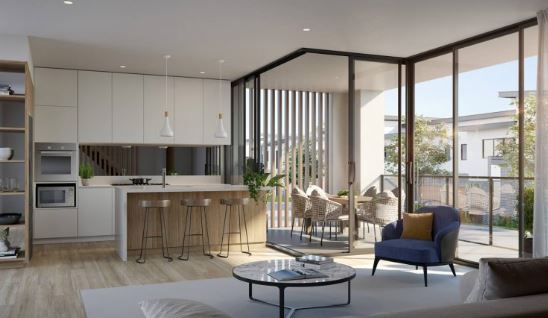
Corresponding to it is to talk about investment housing. Investment house as the name implies, a house used for investment. Put another way, there is no big difference between a house for investment and any other product that can be used for investment. It’s like buying a set of zodiac stamps or a set of commemorative coins, but it is bigger than these investments. At the same time, it will be more stable and less risky than buying stocks, futures, and foreign exchange.
In order to contrast with the self-occupied housing just mentioned, here are also summarized the characteristics of 5 points of investment housing:
- The return on investment is relatively high, and it can be achieved by living in a house and living in a house, and finally reaching the level of freedom of wealth.
- Investment houses can be used for negative gearing.
- The house can be used for rent, and the rental income can be used to exchange mortgages to reduce the daily burden.
- Compared with other investment products, returns are more secure and stable.
- Can share assets and obtain the most stable returns with the least risk.
So for the group of buyers, should they buy their own homes or invest first? The following section will give you a simple example of their advantages and disadvantages.
Pros and Cons of Buying Your Own Home First and Buying Investment Home First

Own housing

Benefit 1: You can enjoy first-time home buyer subsidies and stamp duty reductions
Ranch
Depending on the type and location of the home you are buying, you may be eligible for a first home buyer subsidy. To be eligible for this subsidy, most people must live in their house for more than six months, and in some areas, the requirement is more than 12 months. You can also enjoy land tax relief.
Lee II: Take care of your own home
Ranch
Buying your own home can put an end to many of the problems you face when renting. You can decide the decoration, renovation and upgrade of the house. You can also keep pets, and you can welcome other people to live with you without the need for approval. Real estate is not all about money. Being a home has its emotional value. The appeal of being able to own your own home shows a lot.
Benefit three: stability and security
Ranch
Another disadvantage of renting a house is the lack of security, or the lack of a stable lifestyle. For example, you live well, but after three months, you have nowhere to stay, because everything is up to the host. Buying your own home does not guarantee that you will always live there. You may lose your job and you cannot afford the loan. But, in general, you can guarantee that you will live in your own house.
If you have a rich loan, you can use the remaining money to invest in other assets and know that you have a stable home.
Benefit 4: VAT exemption
Ranch
When selling your own home, you don’t need to pay VAT, which is different from investing in a home.

Disadvantage 1: Less tax relief
Compared to buying an investment house, there are far fewer tax relief items available. Because your property is not linked to your income, you can’t claim a tax deduction for repaying interest on your loan or the cost of rebuilding your house.
Disadvantage 2: No income
Ranch
Unless you rent a part of the house to someone else, your house will not bring you any income. Only on the day the house is sold can it bring you money, and in some cases not. While owning your own home, what you lose is cash that can flow.
Disadvantage 3: appreciation cannot be balanced with quality of life
Ranch
Some people are willing to pay a large price to live near the city center, or near parents, friends, or children’s schools. Unfortunately, the best place for you to live is not where you can afford it, or where you have great investment potential. If you know that you don’t live in the inner city, you will not be happy, and you can only buy a house in the Western District, then in this case, buying a home may not be suitable for you.
The best place for you to live is not necessarily the best place to invest for many reasons. After you have lived there for many years, you may realize that your property has not appreciated at all.
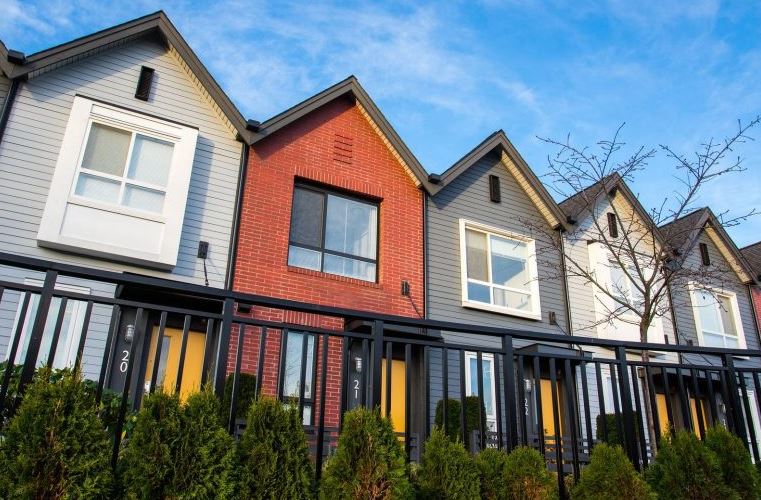
Buy investment house first
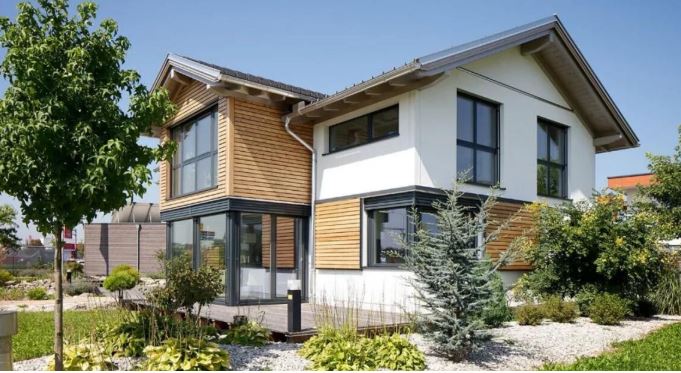
Profit one: have cash flow
Ranch
Real estate that can bring income, if properly managed, can repay its own loans. If the cash flow is positive, the rent you receive can be used to pay for mortgages and interest, etc.
Not all investment houses can bring positive returns, especially those bought in recent years. If your investment house has negative income, then you can declare a tax reduction on the interest you paid. If you expect your house to appreciate in the future, it’s worth it.
Benefit 2: tax reduction
Ranch
In addition to negative tax deductions, investment houses have many other tax benefits. Including house maintenance and repair, depreciation, etc.
Pros 3: Flexibility
Ranch
If you buy an investment house, many people can contribute to you, such as your family and friends, and they can share the proceeds with you. But if you consider this approach, please understand its potential troubles.
Pros 4: Ownership
Ranch
If your investment house brings positive returns, you can use it to pay off your mortgage, and your actual assets will be set up faster than buying from a home.

Disadvantage 1: No first-time home purchase subsidy
Ranch
If you are not buying your own home, you will not be able to enjoy many subsidies and benefits. Even if you buy your own home in the future, there is no benefit, and you are disqualified.
Some people choose to buy a house for 6 to 12 months, and then rent out the house. But even then, if the tax office can prove that you have no intention of using that house as your main home, then you may have to return the subsidy you enjoy.
Disadvantage 2: Multiple overhead
Ranch
One of the benefits of renting is that you don’t need to spend money to repair the house, that’s the homeowner’s business. If you buy an investment house, then as the homeowner, you have to be responsible for these issues. Don’t underestimate the time and money it takes to repair an investment home.
When you rent an apartment, you also have an investment house. As a tenant and landlord, you have to face both problems. The amount of your loan repayment is basically stable, but the rent you pay will often change.
Disadvantage 3: VAT
Ranch
For investment properties, you need to pay VAT.
No. 4: No control
Ranch
Because I rent a house, I can’t make a decision on my house. Which strategy is better to buy from own house or investment house first? The answer to this question depends on what type of house you want to buy, what your priorities are, and what your investment goals are.
For some, first-time home buyer subsidies are negligible compared to the rents they are about to receive. For others, it is not appropriate to make your own decision on the house. For low-income people, negative tax deductions may not make much sense, and for those who have no intention of doing any decoration at all, they may be comfortable renting a house for life.
